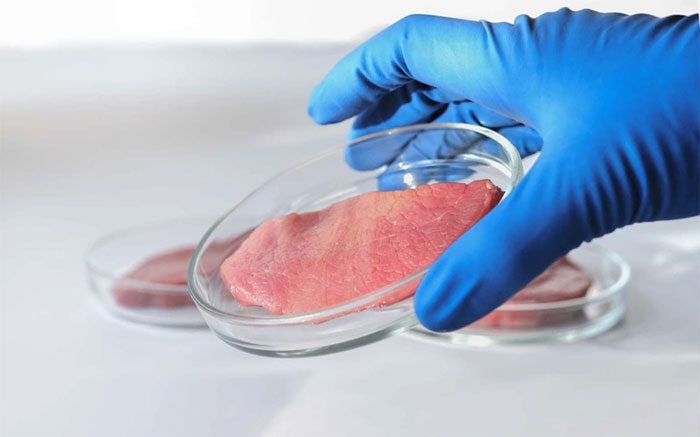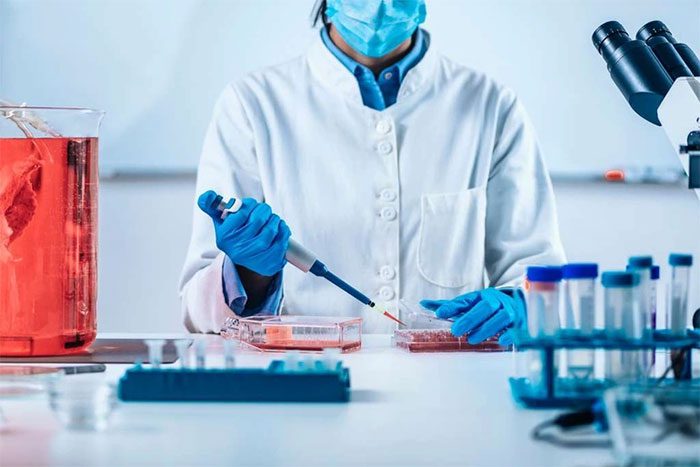Acting like a bioreactor, tobacco plants will provide compounds that enhance meat growth, significantly reducing costs in the production of lab-grown meat.
Large-scale production of lab-grown meat is currently a major barrier. To address this issue, an Israeli startup is utilizing tobacco plants as a bioreactor to produce complex and expensive growth factors that were previously derived from livestock.

Previously, the production of lab-grown meat required fetal serum sourced from slaughterhouses, which is both costly and unethical (Image: Futura Sciences).
In addition to market authorization issues in Europe, the entire challenge of lab-grown meat lies in the ability of producers to find solutions for large-scale meat production.
In Israel, a company may have succeeded by using an unexpected ingredient: tobacco! Specifically, Aleph Farms has been researching the issue of cultivating meat from stem cells.
Alongside this, another startup, BioBetter, specializes in producing the necessary culture media for reproductive cells to create lab-grown meat. Founded by a researcher from the Hebrew University of Jerusalem, the company offers a cost-effective alternative in the field of lab-grown meat production by cultivating tobacco plants.

Tobacco plants will provide growth factors that are not animal-derived, aimed at reducing the production costs of lab-grown meat (Image: Futura Sciences).
Before becoming meat, stem cells require amino acids, nutrients, and particularly fetal serum sourced from slaughterhouses, which is costly and unethical for providing nutrients and developing meat. These are all very expensive items, challenging the large-scale production of meat.
Jean-François Hocquette, a researcher at the National Institute for Agricultural Research (INRAE), stated: “Companies are currently working to find a more ethical and less expensive solution that does not require fetal bovine serum.”
INRAE has praised the economic achievements of this technology, stating that producing growth factors for lab-grown meat only costs one dollar per gram.
Israel has become a major destination for research on “meat without meat.” According to Les Échos, the country has 10% of the companies working on research and production of lab-grown meat in the world.
Additionally, related companies invested over 500 million dollars in this field in 2021, following American startups that invested around 700 million dollars.





















































